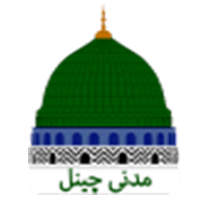

Jamaat-e-Islami Pakistan came under severe government repression in 1948, 1953, and 1963. Other wings of Jamaat include Jamaat-e-Islami Kashmir, founded in 1953, Jamaat-e-Islami Azad Kashmir founded in 1974, and Bangladesh Jamaat-e-Islami, founded in 1975. In 1947, following the partition of India, the Jamaat split into two organisations, Jamaat-e-Islami Pakistan and Jamaat-e-Islami Hind (the Indian wing). At the time of the Indian independence movement, Maududi and the Jamaat-e-Islami actively worked to oppose the partition of India. Jamaat-e-Islami was founded in Lahore, British India in 1941 by the Muslim theologian and socio-political philosopher, Abul Ala Maududi, who was widely influenced by the Sharia based reign of the Mughal Emperor Aurangzeb. : 70 Although it does not have a large popular following, the party is quite influential and considered one of the major Islamic movements in Pakistan, along with Deobandi and Barelvi (represented by Jamiat Ulema-e Islam and Jamiat Ulema-e-Pakistan respectively). JI is a vanguard party: its members form an elite with "affiliates" and then "sympathizers" beneath them. JI strongly opposes capitalism, communism, liberalism, socialism and secularism as well as economic practices such as offering bank interest.

Its objective is the transformation of Pakistan into an Islamic state, governed by Sharia law, through a gradual legal, and political process. Jamaat-e-Islami (JI), ( Urdu: جماعتِ اسلامی, "Islamic Congress"), or Jamaat as it is simply known, is an Islamist political party which is based in Pakistan and it is the Pakistani successor to Jamaat-e-Islami, which was founded in colonial India in 1941.


 0 kommentar(er)
0 kommentar(er)
